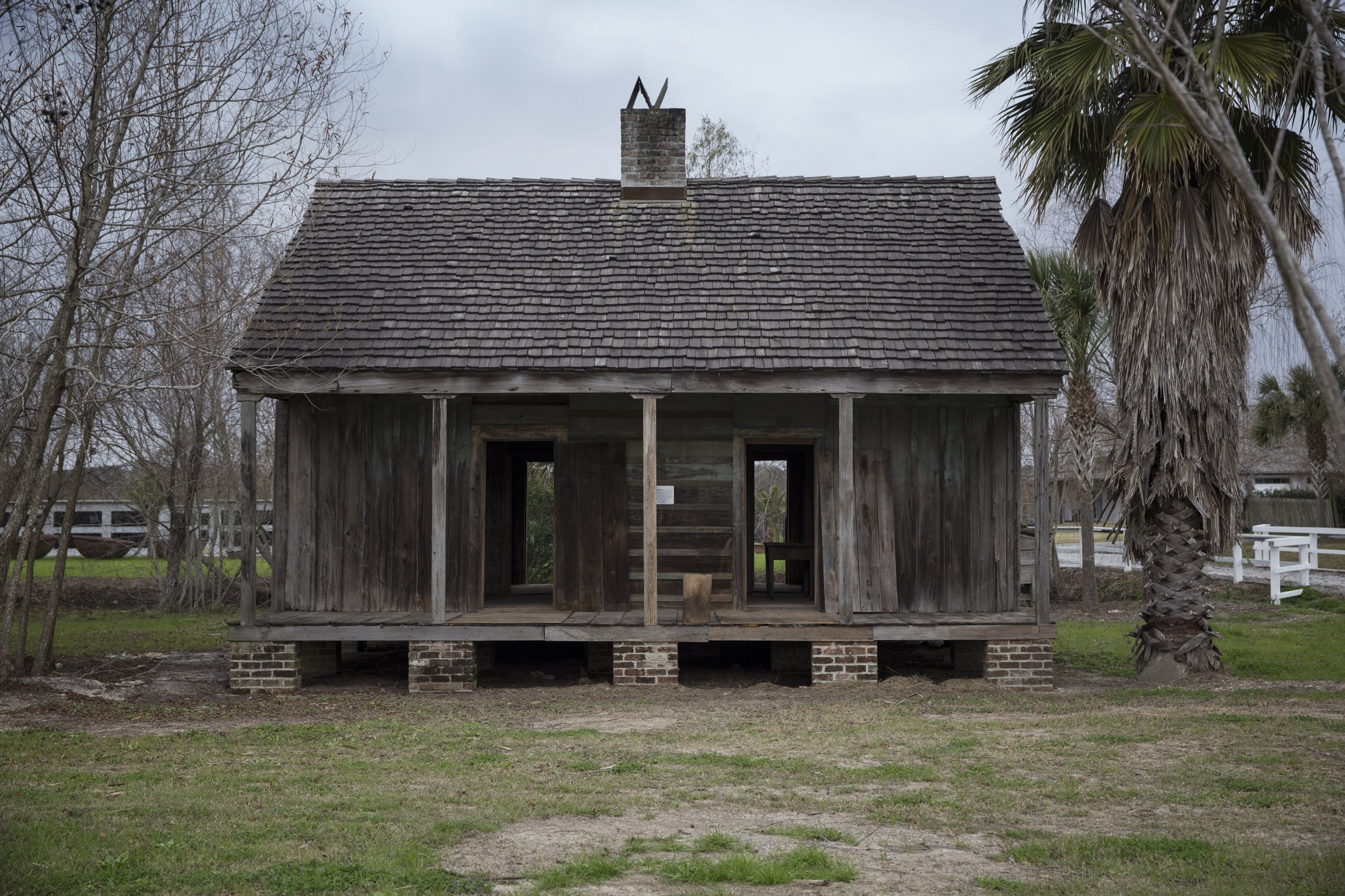
This article first appeared on the Cato Institute site.
On December 6, 150 years ago, the Thirteenth Amendment to the Constitution was ratified, thus officially ending chattel slavery in the United States. America's original sin—its birth in freedom based on human slavery—was no longer sanctioned by American law.
To get to this historical moment, the United States wrestled with its heinous contradiction in its homes, cotton fields, courtrooms, public streets, legislatures, Bleeding Kansas and, ultimately, the many battlefields of the Civil War. The racism that supported slavery was so ingrained in our national character and economy that it cost the U.S. hundreds of thousands of lives.
Of course, America's racial wounds were not healed with abolition. The Fourteenth and Fifteenth Amendments went further to ensure racial equality (for men) before the law—on paper, anyway. Years of Jim Crow and state-tolerated white terrorism after the end of Reconstruction showed America's laws and purported ideals could still be subverted by the enduring legacy of racism throughout the country.
Today, black Americans are far freer than ever, but still face unequal treatment by law enforcement. Certain police practices are almost exclusively deployed in black neighborhoods—the neighborhoods themselves remnants of de jure segregation—reifying not-yet-equal status for too many black Americans.
And the aggressive application of our criminal laws has led to mass incarceration, which disproportionately imprisons African-Americans across the country.
Nevertheless, the ratification of the Thirteenth Amendment should be celebrated as a hard-fought victory for human freedom. It was the first of the three Civil War amendments that recognized that individuals have inalienable rights against the federal and state governments.
In today's political arena, there is a lot of talk a lot about "liberty" and "freedom" regarding taxes, regulations and other infringements on personal rights. Many of those are important public policy debates that have a genuine impact on human flourishing.
But it is important to remember what liberty and slavery have meant throughout American history. The Thirteenth Amendment stands as a testament to the arduous struggle this country fought with itself about what it truly means to be free.
Jonathan Blanks is a research associate in Cato's Project on Criminal Justice and managing editor of PoliceMisconduct.net.
Uncommon Knowledge
Newsweek is committed to challenging conventional wisdom and finding connections in the search for common ground.
Newsweek is committed to challenging conventional wisdom and finding connections in the search for common ground.
About the writer
To read how Newsweek uses AI as a newsroom tool, Click here.








